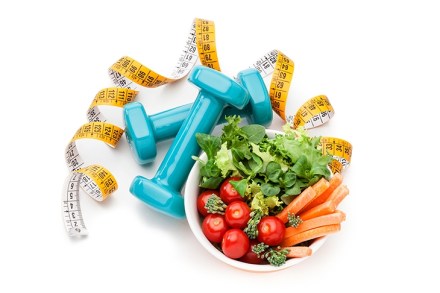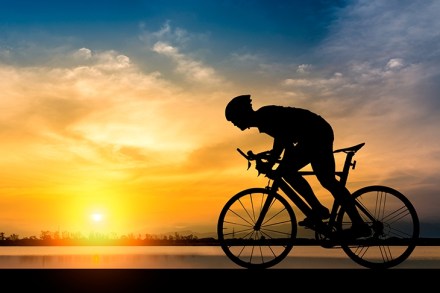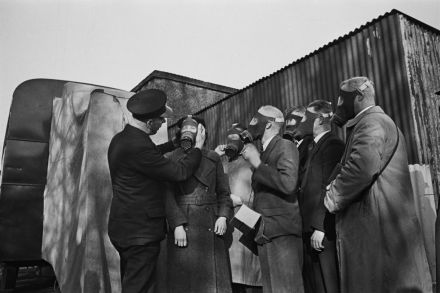Dear Mary: What can I do about fellow passengers who won’t wear face masks?
Q. On my way to Devon recently I stopped for lunch with an impeccably mannered friend. He produced first crab meat, then smoked salmon with a delicious salad of avocado, lettuce etc. Halfway through I noticed he had four or five prawns on his plate and I had none. As prawns are one of my favourite foods I vocalised my disappointment. He was mortified but could not transfer any prawns to my plate for fear of coronavirus. Should I have kept my mouth shut, Mary?— E.S., Ripe, Sussex A. No, but you could have proceeded differently. You might have set your host at his ease by gushing: ‘Oh you haven’t









